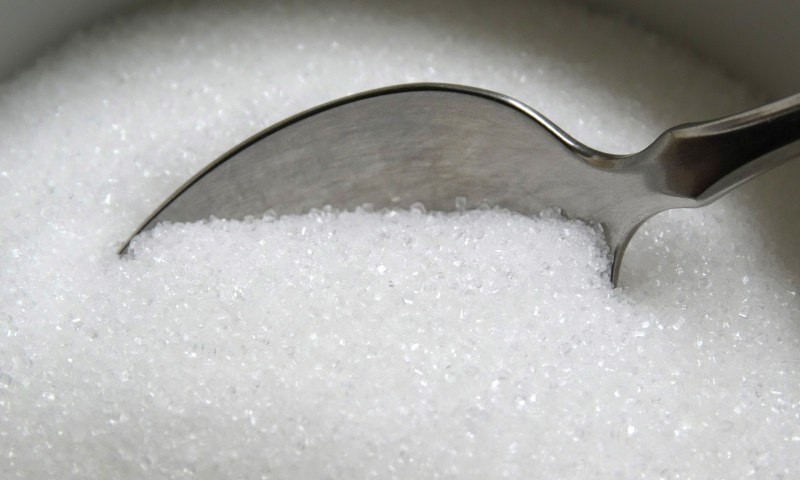In today’s world, it’s nearly impossible to escape sugar. Without even realizing it, we consume it all of the time! It’s not just in candy, desserts and sodas – it’s also in the places we forget to check: cereal, granola bars, juice, peanut butter…
If you’re looking to manage your weight, it’s important to understand how sugar affects you. Adding it to your food, or buying items with sugar inside, is a sure way to add increased calories to your diet. But don’t fear! If you want to make healthier, better-informed nutrition choices, read on:
What You Need to Know about Sugar
Sugar Comes in Many Forms
If you take a look at the nutrition panel on your food and beverages, you might not see “sugar” listed as one of the ingredients. This doesn’t mean it’s not there, though! Sugar is commonly disguised as: sucrose, glucose, fructose, high fructose corn syrup, cane sugar, agave, or honey.
While ingredients like honey and agave are indeed more natural, it’s important to understand that they are still forms of sugar and their calories add up!
Sugar Can be Natural or Artificial
Sugar can be added to our foods or it can come naturally. Artificial sugars are removed from their original source and added to the things we consume as a sweetener or as a preservative for a longer shelf life. Processed foods such as chips, crackers, candies and other ready-to-eat snacks are all examples.
Natural sugars, on the other hand, are already present in our foods because they are made that way. Examples include fruit, dairy and vegetables, Consider these when making healthier snack or meal options.
You Can Substitute Sugar
If you’re trying to avoid those extra calories, you might try replacing sugar with a substitute. Substitutes come in two forms:
- Artificial Sweeteners – These alternatives are often calorie-free and work great for people with diabetes. Examples include SPLENDA, Sweet’ N Low and NutraSweet. If you prefer something more natural, you can try Stevia which comes directly from the Stevia plant and also has zero calories.
- Sugar Alcohols – You can find these sweeteners in many processed foods (examples include Mannitol and Xylitol). Although they are lower in calories and still sweet, they are higher in carbohydrates.
Both artificial sweeteners and sugar alcohols are regulated by the Food and Drug Administration (FDA) and come with recommended intake amounts, so be sure to check those out before adding them to your diet.
Watch What You Eat With the Three Ingredient Rule
Nutrition fact labels are important and they tell us so much about what we’re consuming! If you’re looking to moderate your sugar intake, pay attention to the first three ingredients on the nutrition labels of what you’re buying.
The rule: if sugar (in any of its forms) is one of the first three featured ingredients, you may want to consider if this is something you really want. Looking at the ingredients can help you swap for healthier foods!
Looking to Find Out More about Sugar and Other Nutrition Facts?
You can receive our FREE Health and Wellness guide as a resource for your journey on weight and health.
Click here to order your free Health and Wellness Guide!






